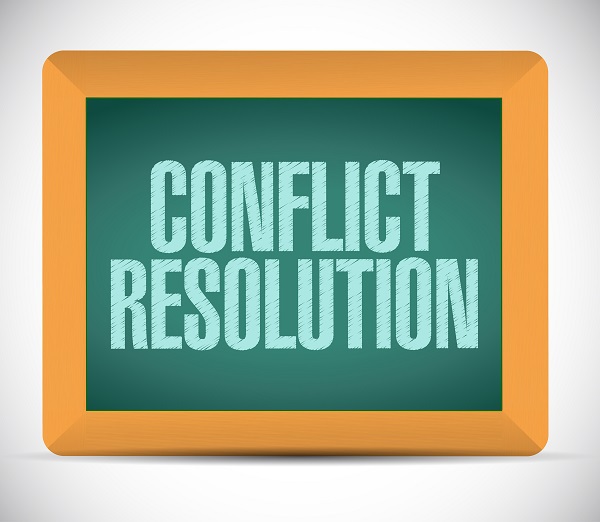
Alternative dispute resolution (ADR) consists of several popular different methods today in California, encompassing mediation, arbitration, and judicial reference. Allowing potential plaintiffs and defendants of all types involved in legal issues to settle disputes more easily, ADR tends to be more flexible and affordable.
While arbitration is decided by the arbitrator (or there may even be a panel of several included on the case) and judicial reference by a referee, mediation is the one forum where absolute neutrality is expected on the part of the individual ‘leading’ the process and the decision is made by the parties in dispute. The mediator is only expected to guide the process, not decide the case.
The arbitrator not only decides the case, but it can be extremely difficult to appeal the ‘award’ at the end or take the case on to litigation if one or more of the parties involved are not pleased. In many cases where there is an arbitration clause built into a contract, the other party forced to travel to the pre-stated venue and work with arbitrators connected with a large corporation may not stand a chance—and neutrality may be questionable.
Judicial reference is unique to California, taking some of the load off of clogged courts, with the referee acting in the stead of a judge and taking time to prepare for what is essentially still a trial, with public proceedings. While neutrality may be present, judicial reference cases are still considered to be within the court system—and the judge must sign off on the referee’s recommendation.
Mediation takes place in a casual setting, and there is usually great flexibility in scheduling. The parties involved are encouraged to work together in reaching a settlement—but if they find themselves in a stalemate, the mediator usually jumps in and helps everyone think of a creative solution to discuss the legal issue at hand without adversity, and to find a resolution much more quickly (and affordably) than in a courtroom. The parties involved are expected to take responsibility for settling the conflict, with the mediator ultimately drawing up the settlement documents and having authorized parties sign—thus making the process enforceable and creating a contract which everyone must adhere to in the future.
Attorney Shane Coons is highly skilled in all methods of ADR, to include mediation, arbitration, and California’s judicial reference system. If you have a legal issue and want to learn more about the best alternative dispute resolution process for your case, please call Shane Coons now at 949-333-0900 or email us at Shane.Coons@seclawoffices.com.
